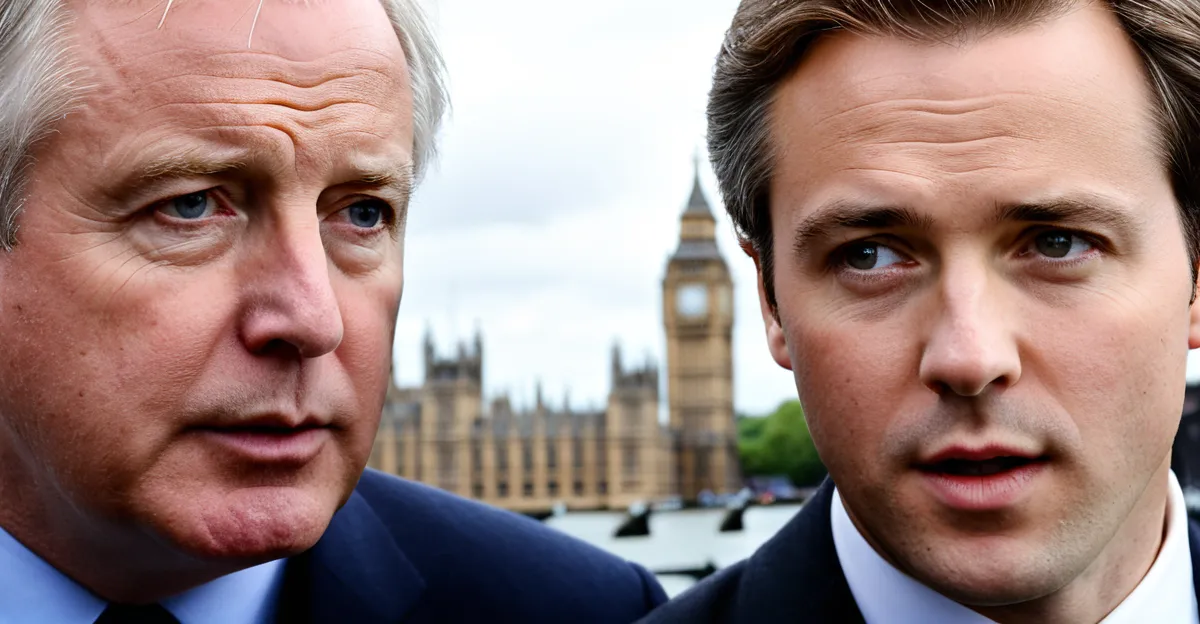Key Political Challenges Shaping the UK’s Future
The UK political landscape is currently facing several critical future challenges that have significant implications for governance and societal cohesion. Among the most pressing issues is the anticipated shift in public opinion, which influences not only policy direction but also political stability across the country. Changes in demographics, evolving voter priorities, and emerging political movements all contribute to this dynamic.
Political forecasting experts highlight the complexity of these shifts, emphasizing the importance of understanding how regional demands, economic pressures, and international relations intersect. For instance, tensions between devolved governments and Westminster reflect a broader struggle over autonomy and resource allocation, which could reshape governance frameworks.
Also to see : Unforgettable camping experiences in Fontainebleau awaits you
These challenges are deeply relevant to policy formulation, requiring agile responses to maintain stability. As electoral loyalties realign and new political voices emerge, policymakers must navigate an environment where traditional party assumptions no longer hold firm. The ongoing evolution in the UK political landscape will demand adaptable strategies that acknowledge these multifaceted challenges.
Brexit Repercussions on Policy and Society
Brexit challenges continue to shape the UK political landscape profoundly, presenting complex obstacles that influence both domestic and international policy. One of the most significant future challenges involves managing the lingering economic impacts. Trade disruptions have affected supply chains, leading to inflationary pressures and adjustments in key industries such as manufacturing and agriculture. These economic strains require policymakers to craft responsive fiscal and trade strategies, balancing recovery with long-term resilience.
Also read : How are UK tech startups influencing global innovation trends?
Diplomatic relations between the UK and the EU remain sensitive, with ongoing negotiations to refine agreements on trade, security, and regulatory alignment. Political forecasting underscores that successful management of UK-EU relations will be central to maintaining political stability. Any deterioration risks exacerbating tensions not only with the EU but also within the devolved governments, which often express distinct priorities regarding Brexit outcomes.
Post-Brexit policy shifts also impact the UK’s international standing. The country faces the challenge of reasserting itself as a global leader while navigating new trade deals and security partnerships outside the EU framework. Domestic law is adapting rapidly to solidify sovereignty, but these changes create complexities. For example, reassessing immigration rules and regulatory standards must be balanced against commitments to international cooperation.
Overall, Brexit challenges intertwine with broader future challenges in governance, requiring policymakers to respond strategically to economic, diplomatic, and legal transformations in order to secure a stable and prosperous future for the UK.
Rise of Nationalism and Identity Politics
Nationalism in the UK has increased notably, particularly within Scotland, Wales, and Northern Ireland, where identity politics play a central role. This growth in nationalist sentiment presents significant future challenges to the UK political landscape, with political forecasting experts warning it could further deepen existing political divisions. For example, Scotland’s push for independence and Wales’ increased calls for autonomy illustrate how nationalist movements seek to reshape the political order.
These developments create tangible effects on UK unity. Nationalism breeds demands for constitutional changes, intensifying debates around sovereignty and governance structures. Political divisions amplified by identity politics often influence election outcomes, shifting party platforms to address these regional and cultural concerns. Consequently, mainstream political parties must reconsider their strategies to engage voters whose priorities increasingly revolve around identity and regional self-determination.
The rise of nationalism also affects policy decisions and societal cohesion. As nationalist groups gain traction, negotiations over devolved powers and resource allocation grow more complex. Policymakers face the challenge of balancing national unity against legitimate aspirations for regional recognition, all while attempting to maintain stability. Understanding these dynamics is crucial for anticipating how identity politics will shape the UK’s political future.
Immigration Policy Debates and Social Integration
The UK immigration policy faces evolving pressures amid changing demographics and economic demands. One key future challenge lies in balancing tighter immigration controls with the need to support sectors reliant on migrant labour. Political forecasting indicates ongoing parliamentary debates will focus on refining visa regimes and border enforcement while acknowledging labour shortages in healthcare, agriculture, and technology industries.
Integration challenges also remain central to the immigration discourse. Effective social integration policies are essential to prevent community fragmentation and to foster cohesion. Migrant access to education, employment, and public services significantly influences social harmony. Failures here risk increased social tensions and diminished public trust in government institutions.
Demographic change driven by migration alters voter demographics and public opinion, affecting electoral outcomes and party strategies. The interplay between UK immigration policy and social integration is thus a critical area demanding responsive policymaking. Addressing these challenges requires coordinated efforts between national and local governments to ensure both economic needs and community cohesion are sustained.

